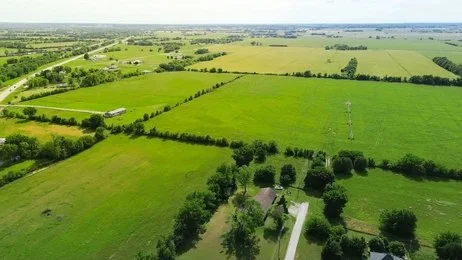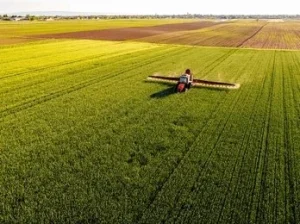To properly comprehend and capitalise on this transformation, committed professionals are necessary. A fulfilling career in rural management, which focuses on improving the social, economic, political, and spiritual growth of the local population, may be available to those who are passionate about social uplifting.
Consequently, it is getting more and more attractive to pursue a PGDM in Rural Management in India. One of the prestigious Institutes that offers a postgraduate diploma in management (rural management) is the Welingkar Institute of Management. Discover why it is considered to be among the top in the nation by reading on!
PGDM in Rural Management Programme
Through rural field study, WeSchool’s two-year, full-time PGDM in Rural Management programme employs a cutting-edge method of learning and getting hands-on experience. Through an awareness of consumer demands and market possibilities, the rural immersion program prepares future managers and policymakers to be more sensitive to the rural environment. Lectures, industry visits, on-field rural initiatives, and research experiences through rural internships are all part of the transformative pedagogy.
Additionally, it offers exposure to general management, which is taught by distinguished academics and industry professionals from leading corporations. Therefore, the National HRD Network, an association of HR professionals from the industry, has expressed appreciation for the way we teach through the rural immersion program. WeSchool’s Mumbai Campus has even received an award for innovative pedagogy for its rural immersion pedagogy from the National HRDN in recognition of its efforts.
Case Study
How Maharashtra State Rural Livelihood goal (MSRLM) and WeSchool, India’s top B-School, collaborated to advance UMED’s goal in Maharashtra’s hinterlands.
- Context
According to data from the 2011 Census and the most recent National Sample Survey (NSS), 81.29% of India’s workforce is female and lives in rural areas. Both primary and marginal workers are included in the statistics. In exchange for pay, the majority of these women work as agricultural workers on other people’s property. It’s interesting to note that nearly 56% of working rural women lack literacy.
These are women who provide for their families and are gradually achieving financial independence. From pickles to papads, a lot of women are leveraging their culinary talents to create and market homemade traditional foods. Many are also skilled in handcrafted jewellery and needlework. The Maharashtra State Rural Livelihoods Mission has established self-help groups, or SHGs, in Maharashtra thanks to these gifted women.
- Innovation
Women in 100 SHGs were introduced to the fundamentals of management education by WeSchool in partnership with MSLRM. Women started showcasing their products through a series of training, including basic branding, sanitary packaging, nutritional data, and shelf life dates. WeSchool rural management faculty tailored the training session to achieve a successful result by evaluating these Self Help Groups (SHGs) – formation, organisation, communication, and processes; understanding group products. Through the introduction of new techniques and the development of market connections, the training workshop opened their minds to the possibility of expanding their packaging and branding capabilities, which would enable them to maintain and expand connections with further markets.
- Impact
The skilled women showcased their recently packaged goods at “Saras,” an annual gathering of 250 Self-Help Groups from all around India. They evaluated how the new development was received by the market.
In order to provide rural women with sustainable livelihoods through home-grown or home-made items, MSLRM has started divisional training for 90–100 SHGs in Raigad, Nashik, Pune, and Palghar.
Pursuing a PGDM Rural Management will open doors to transformative learning and impactful careers in India’s rural sector. Programs like WeSchool’s immersive rural management course equip students with practical skills, deep insights into rural economies, and exposure to real-world challenges. With innovative pedagogy, fieldwork, and industry collaboration, graduates emerge as well-rounded professionals capable of driving meaningful change. As rural markets expand and social enterprises flourish, the demand for skilled managers continues to rise, making this field both rewarding and essential for India’s future.






